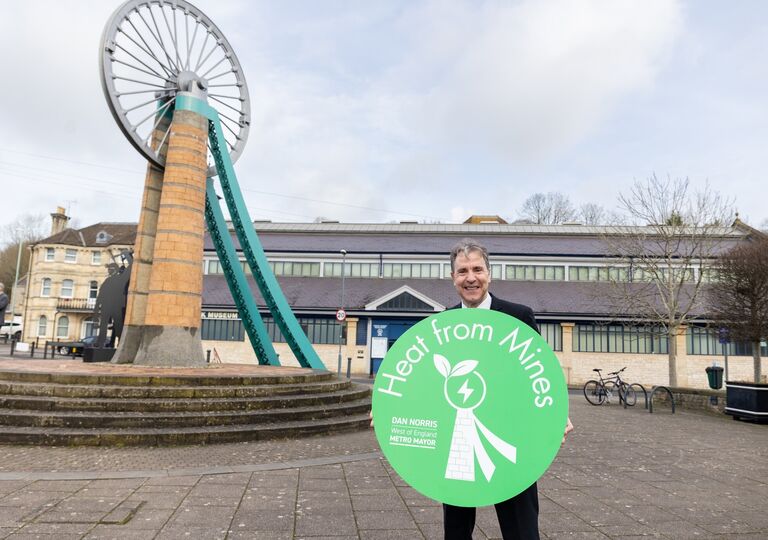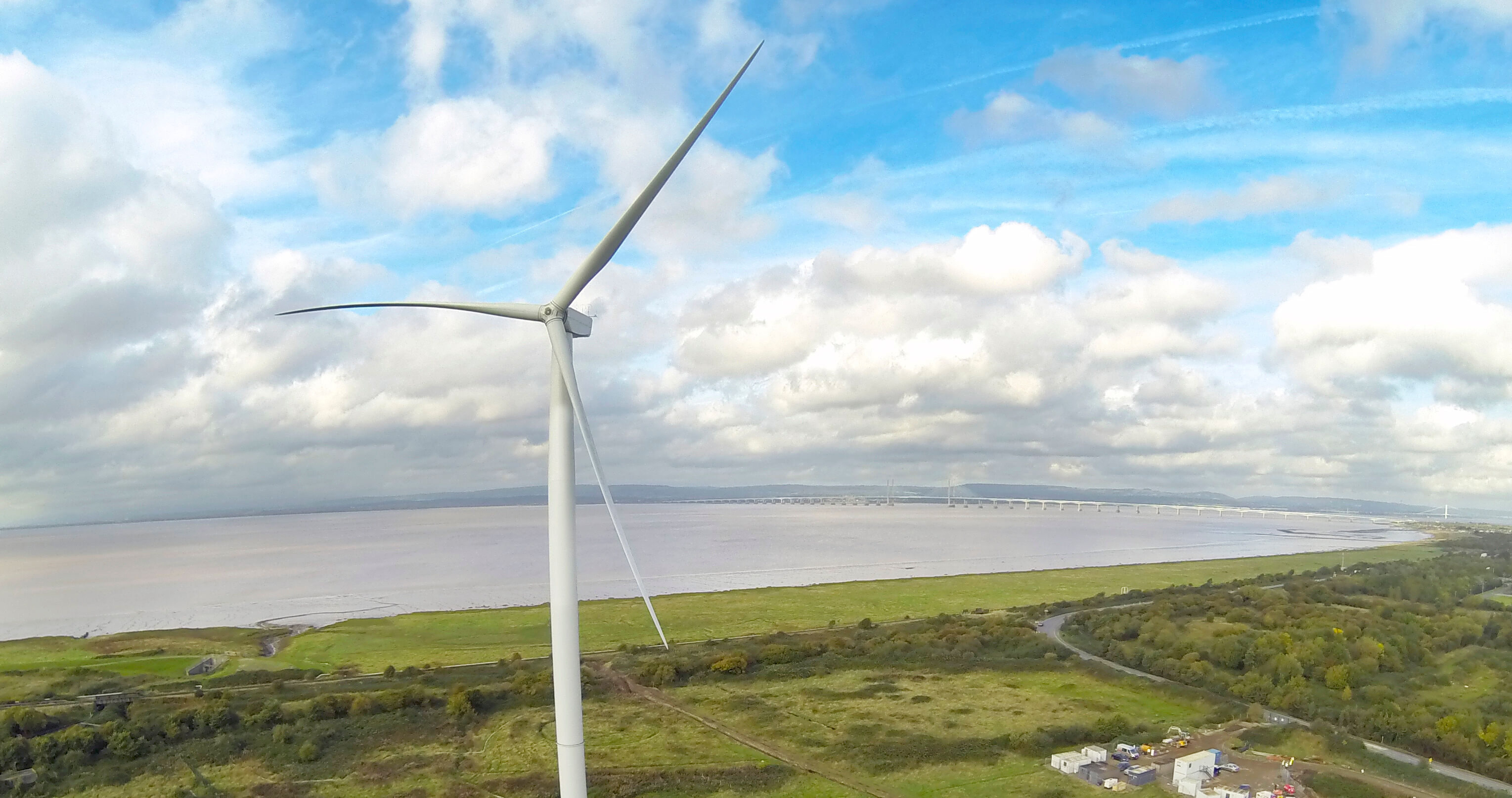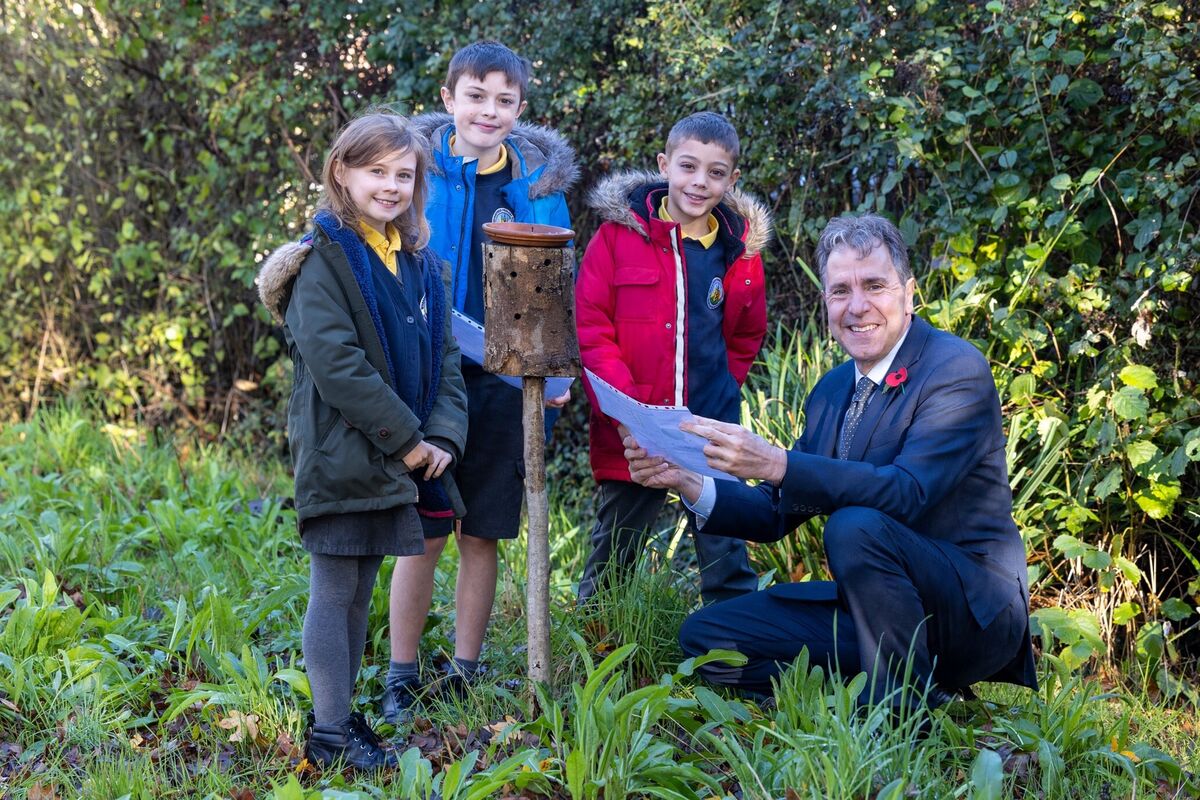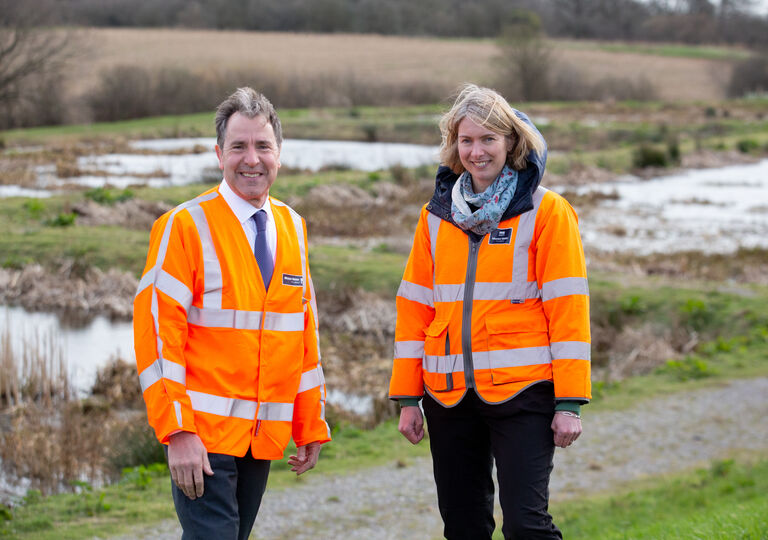Metro Mayor hails rare bee find in West of England

A rare species of bee has been recorded in the West of England for the first time.
The Nomad Bee, also known as Nomada zonata, was discovered by a local volunteer on Troopers Hill in Bristol as part of a West of England Mayoral Combined Authority-funded project.
The project sees residents taking part in bee surveys and other pollinator activities run by the Natural History Consortium thanks to a £100,000 grant from the Mayoral Combined Authority.
The bee, with a distinctive wasp-like appearance, is hairless and does not collect pollen for its young, but is nonetheless known as an important pollinator of plants, fruit trees and wildflowers.
It was first recorded in England back in 2016, and there have been only 113 sightings of it in total - the closest one being in Stroud back in 2020. The identification has been confirmed by bee experts.
Metro Mayor Dan Norris, who wants to make the West of England the bee and pollinator capital of the UK, said he was "thrilled" to have recorded the new species which, as a “cuckoo bee” - one that lay eggs in the nest of others - is a good sign of a “super healthy” bee population in general.
He said: “This is an un-bee-lievable and super-important find. It just goes to show the brilliant work my West of England Mayoral Combined Authority and our partners are doing to make our amazing West of England region the best place in the whole country for our bee buddies.”
Savita Willmott, Chief Executive of the Natural History Consortium, added: "We've had a brilliant time showing communities across the region how to find and record pollinators and other wildlife as part of our project. It just goes to show how important it is to document our wildlife - you never know what you might find!"
The Metro Mayor’s successful Pollinator Fund scheme is funding over a dozen projects, including that run by the Natural History Consortium, which together are transforming over 220,000 square metres of land across the region to serve the West’s vital bee and pollinator friends.
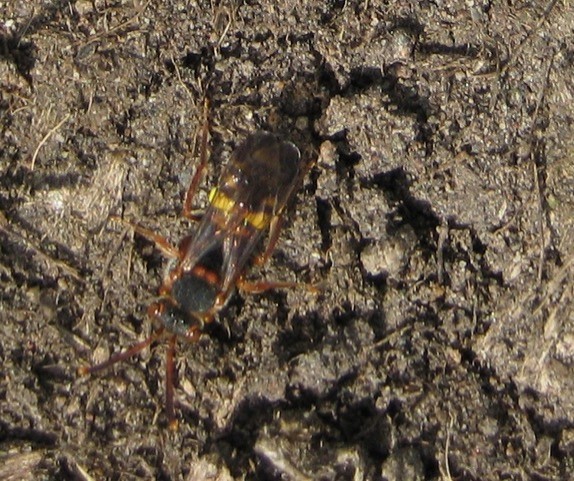
Related Articles
Count



